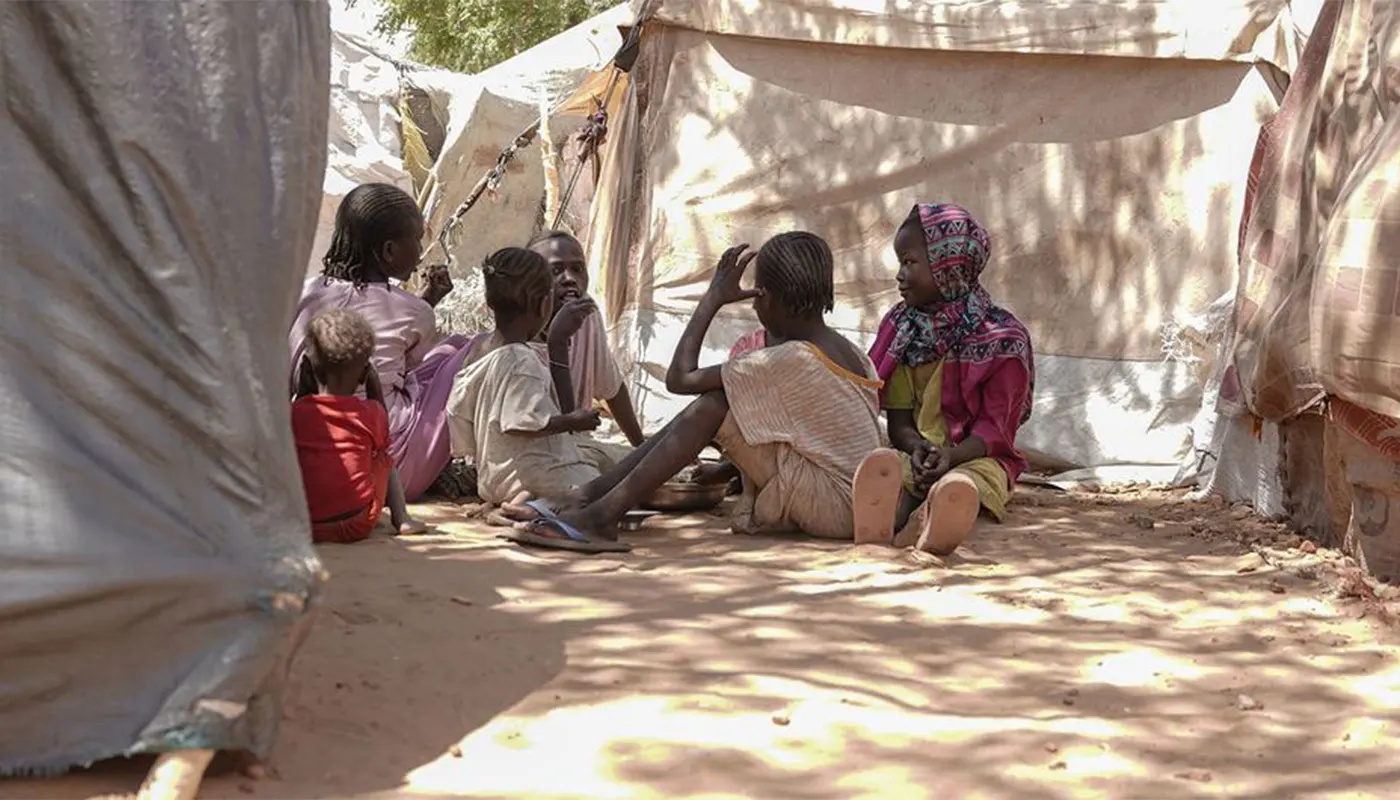EL FASHER, SUDAN — Hunger crisis worsens amid siege and military attacks. A humanitarian catastrophe continues to unfold in El Fasher, the capital of North Darfur, where Rapid Support Forces (RSF) have besieged the city since April 2024, effectively blocking aid and trapping nearly one million civilians in dire conditions.
Dire Living Conditions and Starvation
Markets are empty and food prices have skyrocketed—sugar, millet, rice, and soap are nearly unavailable or unaffordable. Residents extract salt from pits and survive on “Umbaz”, a peanut and sesame residue typically used for animal feed.
A medical group reported 239 children died of malnutrition in North Darfur between January and June. By late May, at least 12 more died from hunger in El Fasher.
In May, 179 people were killed by shelling, with 12 additional starvation deaths recorded that month alone.
Health Collapse and Famine Warnings
Around 40% of children under five in displacement camps suffer acute malnutrition, with 11% severely malnourished. Famine conditions have been officially declared in parts of North Darfur, including Zamzam and Abu Shouk camps.
El Fasher’s only functioning hospital is running out of supplies, and 70% of health facilities nationwide are non-operative. Disease outbreaks—including cholera, measles, dengue, and malaria—are spreading rapidly.
Humanitarian Aid Attacks and Access Blockades
On June 3, attackers ambushed a UN World Food Programme convoy en route to El Fasher, killing five aid workers and destroying multiple food trucks. Aid delivery has become increasingly perilous.
Both warring parties—the RSF and Sudanese army—have been accused of deliberately blocking humanitarian access, violence near camps, and using starvation as a weapon of war.
Broader Context & Alarming Trends
Sudan faces one of the world’s worst hunger crises, with nearly 25 million people—half the population—food insecure, and at least 640,000 at risk of famine in North Darfur camps and El Fasher environs.
Conflict has killed over 40,000 people and displaced more than 13 million internally and externally, overwhelming shelters and camps.
Why This Matters
The siege and shelling of El Fasher have caused widespread civilian deaths, especially among children—a situation human rights groups warn may constitute war crimes or crimes against humanity.
Without urgent humanitarian corridors, food airdrops, and scaled-up international support, experts warn that starvation deaths will rise dramatically.
Source: News Agencies





